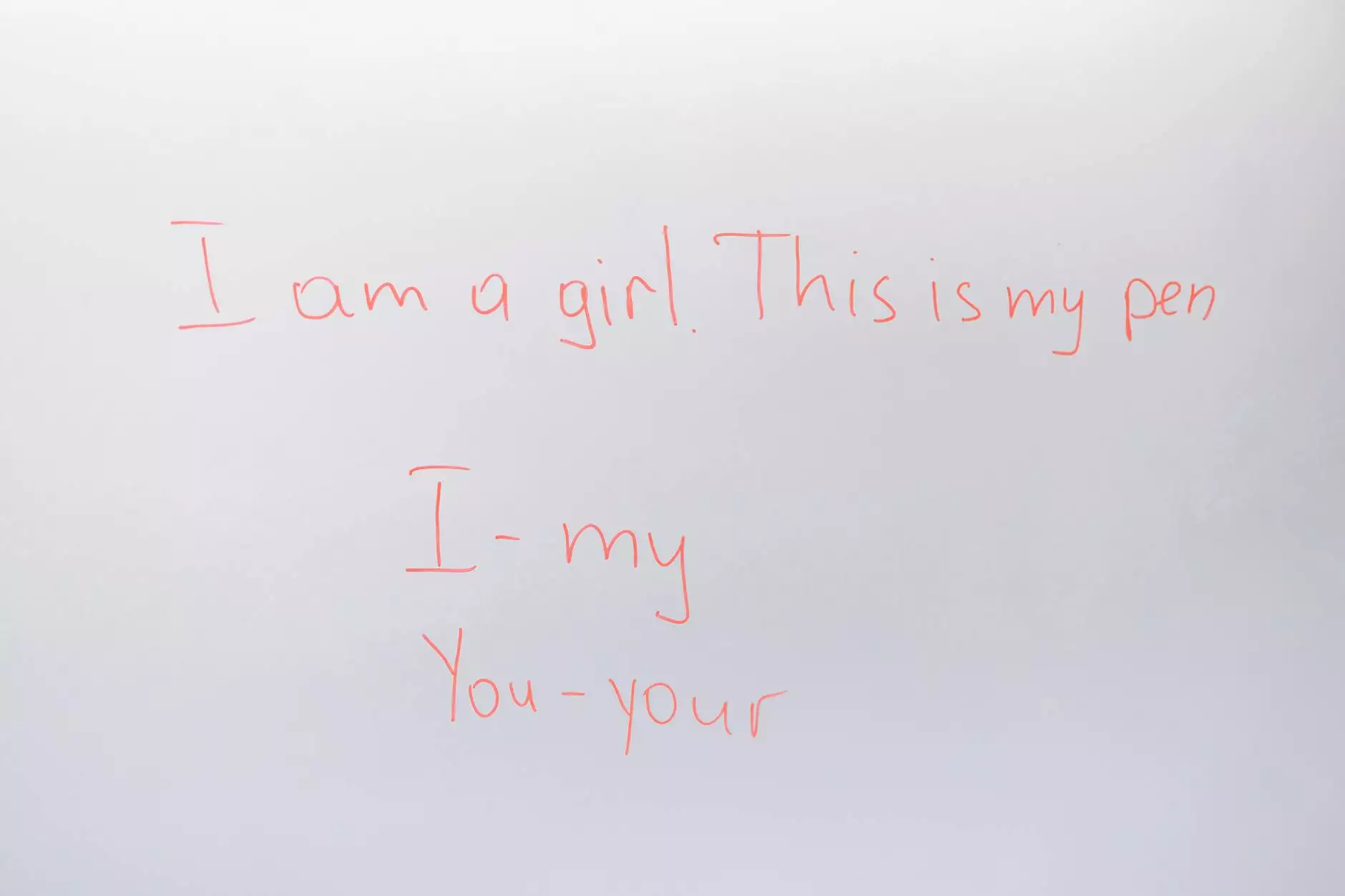486 – 8 Phrasal Verbs With BE
English Grammar Lessons
Welcome to NJCLT's comprehensive guide on 8 phrasal verbs with 'be'. In this detailed resource, we will take a deep dive into these essential phrasal verbs, providing comprehensive explanations, examples, and practical usage tips. By mastering these phrasal verbs, you will significantly enhance your English language skills and improve your fluency.
1. Be up to
One of the most versatile phrasal verbs with 'be' is *be up to*. This versatile expression can be used in various contexts, often indicating involvement in an activity or the state of being responsible for something. Let's explore a few examples:
- I wonder what John is up to these days. (Curious about John's recent activities)
- They were up to no good when they broke into the abandoned house. (Engaged in mischief or illegal activities)
- He is up to his neck in work right now. (Overloaded with work or responsibilities)
2. Be in for
The phrase *be in for* is commonly used to convey the anticipation or expectation of something, often indicating a forthcoming event or experience, which may not necessarily be pleasant or favorable. Consider the following examples:
- We're in for a treat tonight with the special guest performance. (Anticipating an enjoyable experience)
- The weather forecast says we are in for heavy rain tomorrow. (Expecting unfavorable weather conditions)
- You're in for a surprise when you see the newly renovated office. (About to experience something unexpected)
3. Be out of
*Be out of* is frequently used to indicate a lack of supply or absence of something. It suggests that a particular item or resource is no longer available or has been fully depleted. Let's take a look at some examples:
- Sorry, we are out of milk. (Lack of availability)
- She ran out of patience and left the room. (Exhausted or depleted)
- Our team is out of ideas for the new project. (No longer having any more ideas)
4. Be down with
*Be down with* often indicates that a person is suffering from an illness or in agreement with a particular cause or idea. Here are a few examples:
- I can't come to the party, I'm down with the flu. (Illness or unwell)
- She is down with the decision to implement eco-friendly practices. (In agreement or supportive)
- Are you down with attending the conference next week? (Willing or keen)
5. Be on about
*Be on about* is commonly used to indicate that someone is talking or obsessing about a specific topic or idea. It implies a strong focus or preoccupation. Consider the following examples:
- John is always on about saving the environment. (Consistently discussing or emphasizing)
- What is she on about? I can't understand her. (Confused about the topic being discussed)
- He was on about his new business idea all evening. (Continuously talking or pushing)
6. Be off
*Be off* is frequently used to indicate leaving or departing from a place. It implies a movement away from a particular location. Let's look at some examples:
- Sorry, I have to be off now. (Leaving or departing)
- She's off to Australia for a well-deserved vacation. (Embarking on a trip)
- He said he will be off work for the next two weeks. (Taking time away from work)
7. Be up for
The expression *be up for* suggests being willing or inclined to do something, often indicating readiness or enthusiasm for a particular activity or experience. Consider the following examples:
- Are you up for joining us for a hike this weekend? (Willing or interested)
- She is always up for trying new cuisines. (Open to new experiences)
- He wasn't up for the challenge and decided to decline. (Not interested or unwilling)
8. Be in on
The phrase *be in on* is commonly used to indicate participation or involvement in a particular activity, plan, or secret. It implies being included in a specific event or decision. Let's explore some examples:
- Can you keep a secret? I want you to be in on the surprise party. (Involved or participating)
- They invited me to be in on their business venture. (Included or part of)
- We need everyone to be in on the discussion regarding the upcoming project. (Participating or attending)
By understanding and applying these eight phrasal verbs with 'be', you can enhance your English language skills, improve your fluency, and confidently express yourself in a variety of situations. Remember to practice using these phrasal verbs in context to fully grasp their meanings and nuances.
Thank you for choosing NJCLT as your go-to resource for learning phrasal verbs with 'be'. We are dedicated to providing comprehensive language guides and resources to help you achieve your language goals. Stay tuned for more insightful content and exciting updates! Happy learning!










